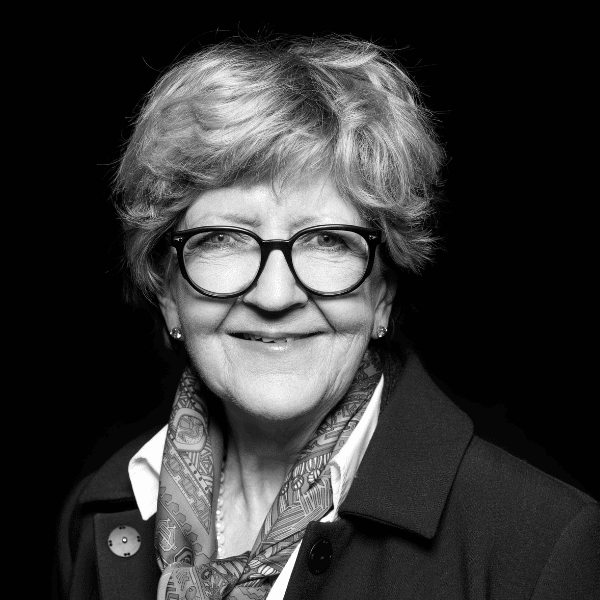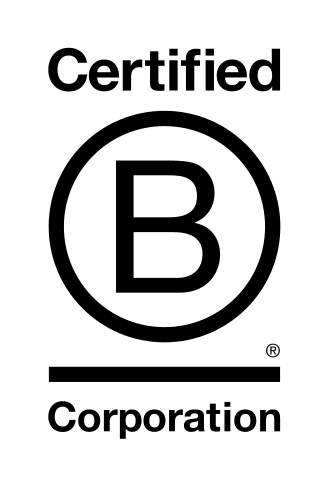
Sheenagh Gordon-Hart, Independent Director at The Director’s Office
In our new regular newsletter column, Sheenagh Gordon-Hart has taken up the mantle to provide the latest on doing business in the established fund domicile of Luxembourg.
I’m often asked why I decided to change the course of my career and became an independent director, and why in Luxembourg.
Having worked in financial services and specifically with a focus on asset management since before the dawn of UCITS, I wanted to put what I realized was a lot of experience to a different use and find a new challenge. I took the FT’s non-executive director diploma course to test the waters as it were, to build the confidence that I could take on this new set of opportunities and to brush up on my long-dormant, though not forgotten, financial and legal knowledge. Once I had that qualification under my belt, I decided to start my new career in Luxembourg, a place I knew well and where I knew lots of people – having a network is really important in getting started in the iNED world. I am fortunate to have built up a client base of promoters from North America, the Nordics and UK, as well as serving on a Swiss board. I am also a partner in The Directors’ Office, a collège or collective of self-employed independent directors who share office space and technology, for example, but most importantly share insight and experience which greatly enhances our professional lives.
Luxembourg is a great place to do business and has been hugely successful as a fund domicile. Over the many years that I visited Luxembourg on business (no, I’m not telling you how long that is, let’s just say it goes back a few years into the last century) it has changed beyond recognition. Fortunately, it has lost none of its charm despite the acres of office space that have sprung up. During the long period of lock-down when daily routines were so hugely disrupted, Luxembourg’s very green city centre where I live was a godsend.
I moved to Luxembourg five years ago and sometimes wonder why it took me so long. For asset managers Luxembourg has proved to be a welcoming environment – a government that speaks the ‘language’ of business and with a willingness to adjust legal frameworks to accommodate the twenty-first century demands of a sophisticated global client base. In addition to the globally recognized UCITS brand that has fuelled much of Luxembourg’s international growth (Luxembourg was the first in Europe to implement the enabling directive), the range of fund structures also includes SICARs, specifically framed for private equity and venture capital, and RAIFs, which are alternative investment funds not subject to CSSF approval, but which must be managed by an authorized external AIFM. The community of service providers includes all the big names in addition to some smaller less well-known specialist providers. Luxembourg is not alone in dealing with the vast regulatory burden and many smaller providers have disappeared, often swallowed up by the larger players keen to get ahead in the race for assets under administration. Having said that there are still over 300 mancos in Luxembourg, Of course, Luxembourg is a small country with a population of only 645,000; its workforce of just short of half a million includes 220,00 commuting daily from France, Belgium and Germany. Luxembourg is a microcosm of the world outside its borders and multi-lingualism is de rigeur.
Being a small country, the financial community is quite tight-knit – everyone knows everyone here. The independent director community is well-served by the Institut Luxembourgeois des Administrateurs – ILA – the local equivalent of the Institute of Directors. ILA plays a central role for independent directors (although it is not solely the preserve of NEDs). ILA is the voice of corporate governance in Luxembourg and it works hard as an organization supported by a myriad of working groups to foster good practice. The ILA calendar is a full one with training sessions including courses leading to certification, and many networking and knowledge-sharing events held throughout the year. With a membership of over 2,000 and the support of sponsoring members such as leading service providers, ILA is a key resource for independent directors. In addition to ILA’s knowledge sharing efforts, locally-based international legal and audit firms also provide a great deal of support to the community, hosting conferences, courses and other events that independent directors can leverage to enhance their continuing professional development. One example of work done by such firms is the study of financial reporting and governance practices of the top 100 Luxembourg funds, produced annually by Deloitte. They analyse the published statements of these very large undertakings and the results thus provide a way for firms to benchmark their governance practice and helps independent directors in their quest to introduce best practice where it is found wanting. The funds covered by the study weigh in at a hefty US$ 3.4 trillion and so go some way to highlighting where firms are on their corporate governance journey. Incidentally, it’s quite daunting to realise that the average length of the annual reports of these funds is 423 pages. The results of studies such as this have real world application: the analysis for example of swing pricing, something adopted by only 59% of funds, prompted a discussion on this on one of the boards I serve on and consideration is being given to a change in policy. The study also reveals significant differences relating to adoption of governance codes that depend upon country of origin of the promoter: Deloitte says ‘Most continental European managers do not adopt a code…..corporate governance practices are less developed or there are fewer independent directors promoting best practice’.
In concluding this short Letter from Luxembourg, I welcome the dialogue pursued by FBC as it can only enhance the governance journey and look forward to sharing more insights in forthcoming FBC newsletters.
If you have any questions or comments, or a particular topic you would like this ‘Letter from Luxembourg’ to focus on, please do get in touch at contact@fundboards.org.




